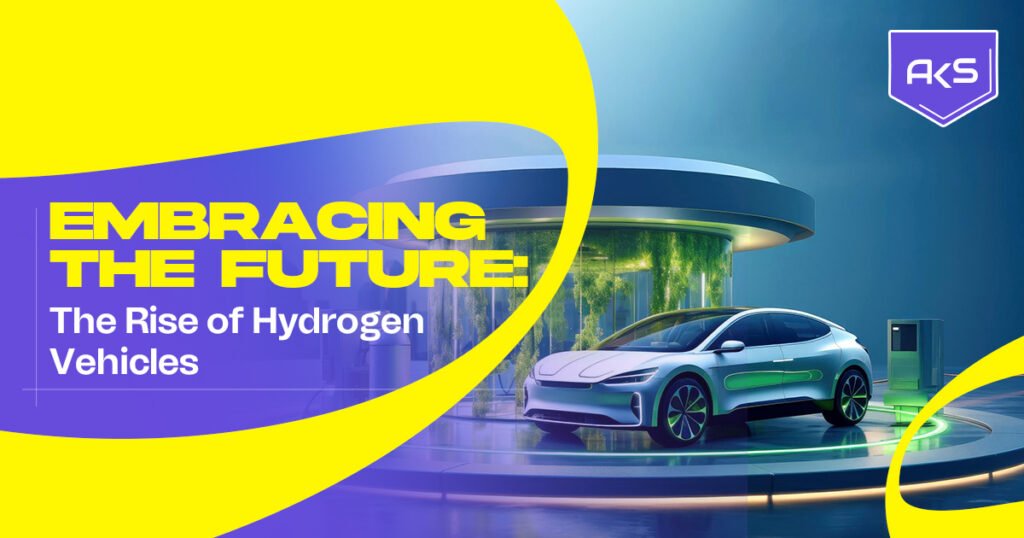Embracing the Future: The Rise of Hydrogen Vehicles

In recent years, the world has witnessed a paradigm shift in the automotive industry, with a growing focus on sustainable alternatives to traditional fossil fuel-powered vehicles. Among these innovations, hydrogen-powered vehicles have emerged as a promising solution to address environmental concerns and reduce dependency on finite resources. This blog aims to explore the technology behind hydrogen vehicles, their advantages, challenges, and their potential role in shaping a greener future.
Understanding Hydrogen Vehicles:
1. What are Hydrogen Vehicles?
Hydrogen vehicles are automobiles powered by fuel cells that convert hydrogen gas into electricity, which then powers the vehicle’s electric motor. These vehicles emit only water vapor and heat as by-products, making them a zero-emission alternative.
2. How do Hydrogen Fuel Cells Work?
Fuel cells in hydrogen vehicles generate electricity through an electrochemical reaction between hydrogen and oxygen from the air. This electricity powers the vehicle’s motor, producing propulsion.
Advantages of Hydrogen Vehicles:
1. Zero Emissions and Environmental Impact:
Hydrogen vehicles produce no harmful emissions, contributing significantly to reducing air pollution and combating climate change. They play a pivotal role in achieving sustainability goals.
2. Longer Range and Quick Refueling:
Compared to many electric vehicles, hydrogen cars offer longer driving ranges and relatively shorter refueling times, akin to traditional gasoline vehicles.
Challenges and Considerations:
1. Infrastructure Development:
A major challenge is the lack of hydrogen refueling stations. The infrastructure for producing, transporting, and dispensing hydrogen needs significant expansion to support widespread adoption.
2. Production and Cost:
The production of hydrogen often relies on fossil fuels, raising concerns about its overall environmental impact. Additionally, the cost of producing and storing hydrogen needs to become more competitive for mass adoption.
Future Prospects and Role in Sustainability:
1. Potential Applications beyond Automobiles:
Hydrogen technology extends beyond cars and holds promise for various sectors, including powering buses, trucks, trains, and even serving as an energy storage solution.
2. Advancing Sustainability Goals:
As global efforts intensify to combat climate change, hydrogen vehicles can play a crucial role in decarbonizing transportation and contributing to a cleaner, sustainable future.
Conclusion:
Hydrogen vehicles represent a significant step towards a cleaner and more sustainable transportation sector. Despite challenges in infrastructure and production, advancements in technology and growing environmental concerns underscore their importance in the transition to a greener future. As research and development continue, the potential of hydrogen vehicles to revolutionize the automotive industry and contribute to a cleaner environment remains promising.
Join the movement towards a sustainable future with hydrogen vehicles – a pioneering solution for cleaner and greener transportation!



